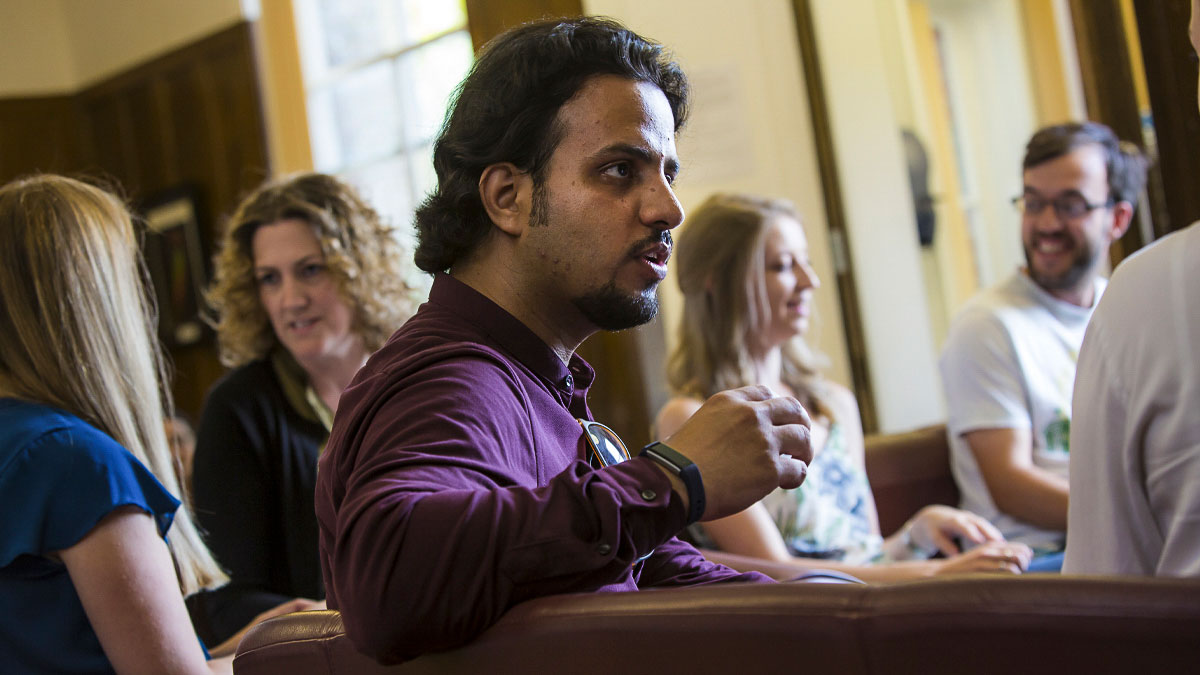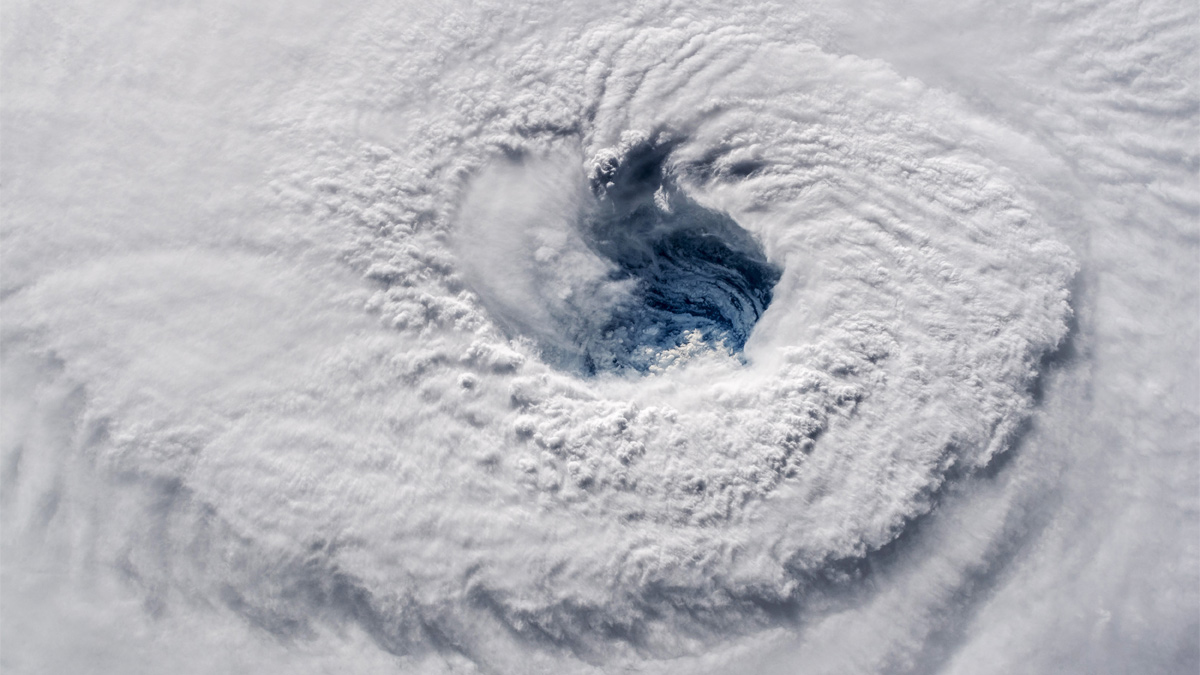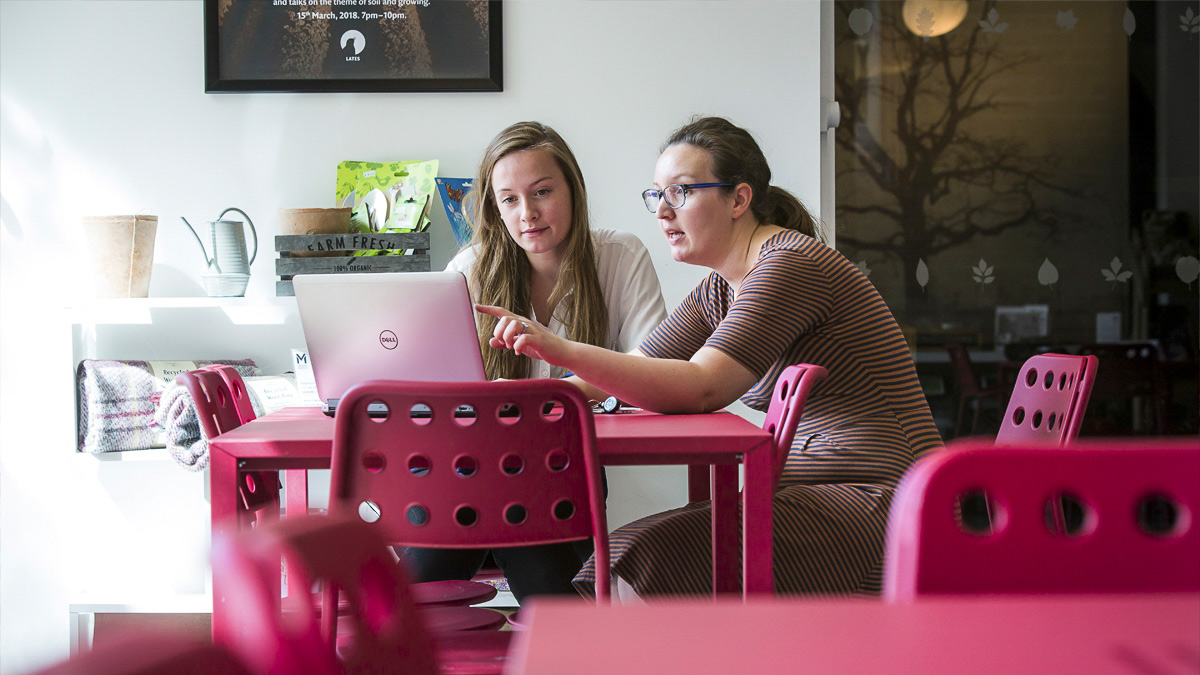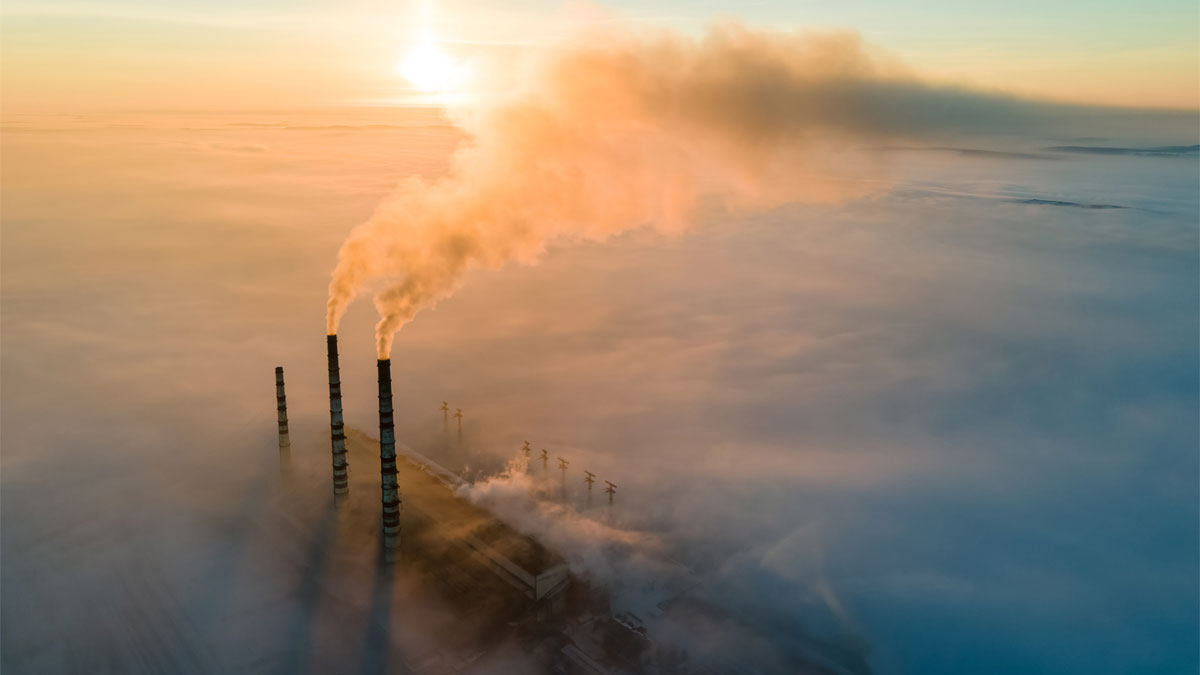Over the course of your PhD, you'll have plenty of opportunities to communicate your work and network with other researchers, including:
- presenting a seminar
- speaking at conferences
- taking part in project workshops
- visiting or hosting researchers from external institutions.
Conferences
The Department will encourage you to attend conferences, summer schools and other events to widen your network of contacts. We will also assist with arranging travel and accommodation.
Our PhD students have taken part in conferences run by the Royal Meteorological Society, the European Geosciences Union, and the American Geophysical Union. These conferences provide excellent opportunities to meet fellow climate scientists and discuss your research.
Seminars and discussion groups
PhD students in the Department of Meteorology organise their own seminar and discussion groups, where you can talk about your work in a friendly, informal atmosphere. You will take part in a departmental PhD conference-style event in your second year, and give a departmental poster presentation in your third year.
At an appropriate point in your studies, you will be invited to give a full lunchtime seminar in the Department's regular series. There are also opportunities to teach on undergraduate courses.




